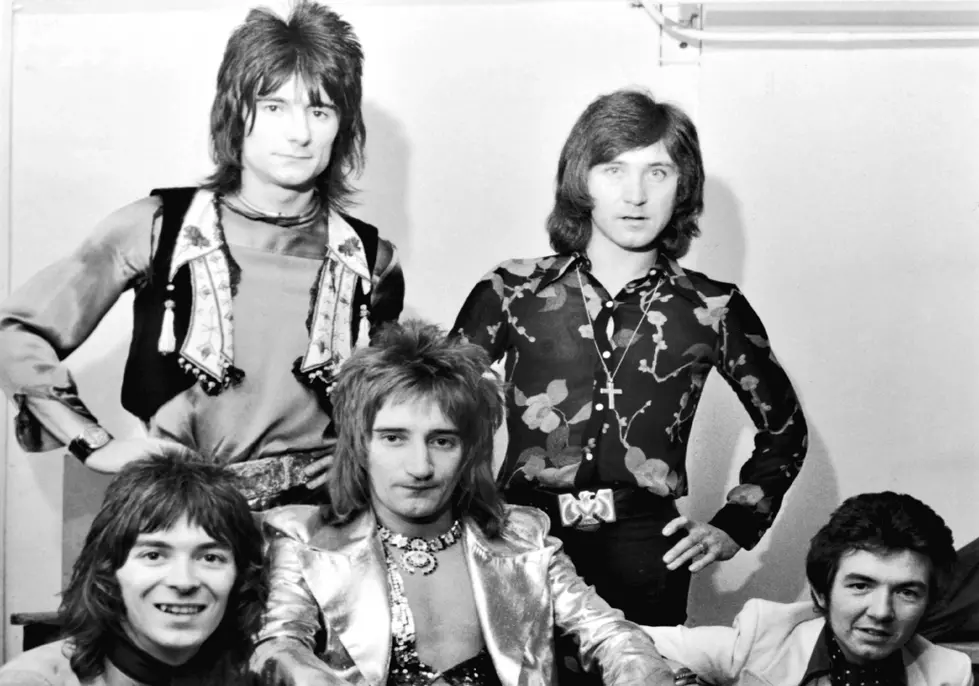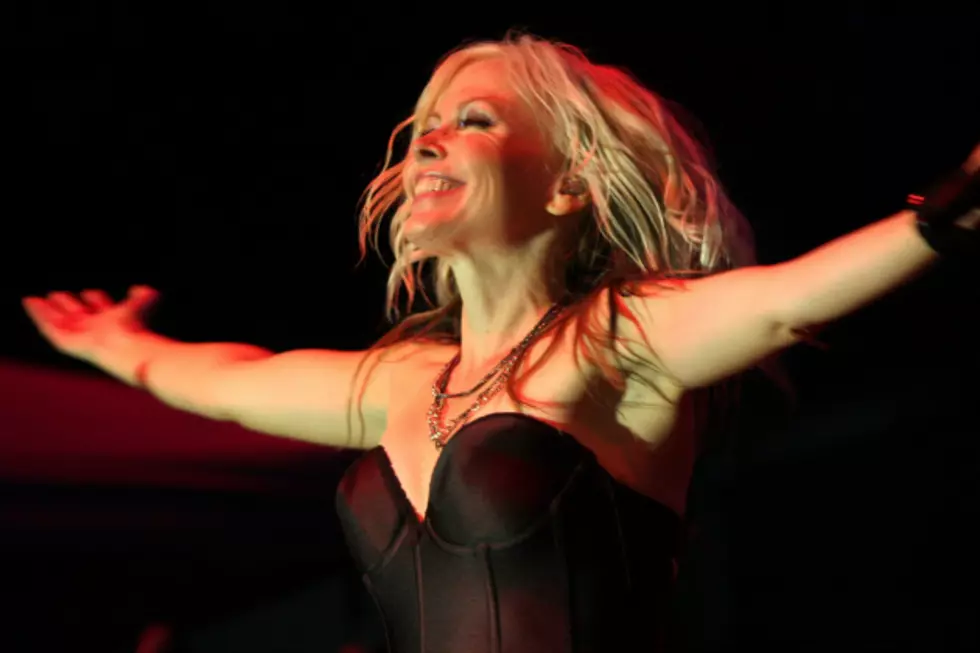
The Roots of Indie: The Terri Nunn Interview
In the beginning there was krautrock, and it was good.
But the U.S. market wasn't read for the cool, distant vibe of electronic music in the mid to late '70s. Depending on whose selective memory you're asking, the era was either Dazed and Confused or Saturday Night Fever. Both are true, as far as they go.
Behind door number three rests a third option -- the indie option -- the Ramones at CBGB and Iggy Pop at Max's Kansas City. Down in Los Angeles, the Sunset Strip belonged to punk rock bands like X or power pop groups like the Plimsouls -- hardly an environment in which one would expect krautrock to finally gain a toehold on American soil, but that's what happened.
In 1978 John Crawford brought his love of Kraftwerk -- along with U.K. synth pop bands like Ultravox -- to L.A.'s underground music scene. He named his band Berlin, and the following year a local teen named Terri Nunn joined as their singer. What followed was a new wave fairytale, as the band went from local indie sensation to worldwide success.
Nunn still carries the Berlin banner, playing live dates regularly. In 2013 the band release Animal, its first album in nearly 10 years.
So what was the L.A. scene like in that moment when punk turned into post punk and synthesizers took over the world? Ms. Nunn graciously agreed to answer that for us.
Can you tell us a little bit about Los Angeles when you were a kid?
I was a really young kid when the ‘60s happened. We had a little family record store, so I was in the middle of all the music that was happening in the ‘60s, and it was just a revolution.
That's what I was looking forward to in the ‘70s, and it was kind of okay in the beginning with Bowie and the New York Dolls and Pink Floyd. But in the mid-‘70s it really became about disco. I was like, what? These are my teenage years? I'm going to get this?
I remember that exact same feeling.
Then in the late ‘70s things exploded again with punk. Punk just kind of came in and made everything cool again because it decimated what was happening -- kind of like grunge, Nirvana, decimated hair bands.
Punk leveled the playing field, and then anything could happen. That for me was so cool, because then I was looking at the New York scene, which was Television and Blondie and Talking Heads, and all of that started happening. Then in L.A., we got this amazing club scene that started to happen in the late ‘70s. All these clubs were springing up, and bands were able to play everywhere.
That must have been fantastic. Do you remember the first punk gig you attended?
I remember seeing X. There were mosh pits, and it was like, oh this is the coolest thing ever! Then punk really exploded here. Without punk, my band would never have happened.
Why is that?
There were such a stronghold by the -- we called them dinosaur bands at the time. Fleetwood Mac and the disco bands, they had a stronghold on radio. It would be impossible for something like Berlin to happen at that time. Nobody was playing that kind of music, or anything like that, anything alternative.
What about KROQ, L.A.’s legendary alternative station?
KROQ was playing all kinds of weird s---, and thank God, because without them we wouldn't have happened either. They played our little single ["Sex (I'm A...)"], and all the new wave stuff. Because of them, other stations around the country started taking on that whole "KROQ alternative airplay" mode, and then we were played on other stations that did that.
KROQ was just an absolute holy grail for new bands and the whole newness of what was happening was really fueled by KROQ and MTV.
Berlin were early MTV stars. Tell us a little about the early days of music videos.
MTV started the same year that we put a record out, and they needed videos because nobody really was making them yet. There were a few, but there weren't enough videos to fill 24 hours. That was great for us too, because we actually had a label, David Geffen's label, that believed in video, so we were played like crazy [on MTV] because we had videos.
It became this incredible selling tool for us, and so fortuitous that we came along at the same time as MTV. It helped people to see and hear us, who never would have.
When I think of L.A. in the ‘70s I think of X, the Germs, bands like that. Berlin sounded nothing like that.
John Crawford started the band in '77 and I joined in'79. His influences were mainly Ultravox and Kraftwerk. The synthesizer, this whole electronic thing, was so exciting to him.
I am not a musician. I write lyrics and melodies, but I was so excited by what he was doing. I was excited by the possibilities, because it made everything more diverse. It wasn't just guitars anymore, or just a keyboard with one sound: It was any sound. It could be all kinds of stuff now.
Just the idea of having all these sounds that we could play with -- drum machines, it was just so exciting. It's still exciting to me. It makes what we can put into a song endless.
Do you recall the cultural shift in L.A. from punk to post punk?
What I remember is that punk was the first thing, then there were -- skinny tie bands I call them -- like the Knack and the Plimsouls, the Motels and the Go-Go's. These were bands that were hot. It was almost like nerd pop: intelligent lyrics, skinny ties, fun, and less angry than punk. That's what came in next.
Then the whole electronic thing happened. We were at the beginning of that, which is great now, but it was a problem then because people didn't really get it. A lot of people were like, what's this? It wasn't punk, it wasn't power pop, what was it?
It took a couple of years before we actually built an audience and were able to be taken seriously.
So you were playing the same circuit with Plimsouls and the Knack. Another band that comes to mind is Oingo Boingo.
I remember the first time I went into a studio, Danny Elfman was coming out of the same studio that we had rented, and I was terrified. I had never sung in a studio, I didn't know what I was doing, and he was so wonderful.
He could see I was terrified, and he helped me. He gave me kind of a little tutorial on how to do it, and what to avoid, and how to get the best out of your money of renting a studio. It was really wonderful. I’m so proud of that guy for doing what he wanted to do. He makes amazing music for movies.
Any memorable experiences as an opening act?
I remember opening for Iggy Pop -- talk about terrified. He was the king of punk at that time. We got that gig, and of course wanted it because we were fans of his, but that audience. It was like a stand-off. We're not music you pogo to. They were just standing there with their arms crossed, watching us.
There was a lot of that [in the early days], and that always kind of bummed me out because I wanted to be a band that people mosh to. It's fun to watch moshing, and it fun to be the catalyst for moshing, but we have never been that kind of band.
That had to be rough.
We never found it easy, until new wave and electronic music really took hold. It was really hard to find other bands to pair with. We didn't really sound like anybody else. That's hard in the beginning.
It's probably one of my greatest pieces of advice to give to any new bands now, because being unique makes a band irreplaceable. It's better than just being great. If you're great but you sound like some other band, then you're replaceable. There's nothing that an audience can get from you that they can't get from somebody else. There's no longevity in that. That was our strength, was that because we were so unique, and nothing, at least in America yet, sounded like what we were doing, that gave us longevity. If we could be good at it, then we were irreplaceable.
You worked hard to build your audience, and then in 1984 you had a hit with with Love Life and the single "No More Words." Was it hard for your core audience to make that transition?
For some, yeah. The goal for the second album was, okay, we've got a base now, let's make some music that more people will like in other countries. That would be really great, because then we could tour in new places, and hopefully get more people to like us.
And that did happen a bit with "No More Words" because we got Giorgio Moroder to work with us for that one song. We just idolized him. Because he worked with us on that one song, he brought in Top Gun. He walked into the studio with "Take My Breath Away" and said that he's going to do this movie that's coming out the following year, and asked us if would we like to record it. Oh my God, talk about opening up the doors to every country in the world. That song did it.
That song was a huge hit.
That was what we were hoping for. It didn't happen with Love Life, either, not to that extent. But it did with Giorgio, and working with him. That was really incredible.
I get what you mean [about losing the indie audience] because that's the fight -- especially when you're kids, and you want to be different and you want to buck the system. The indie fight is how do I stay cool but get to more listeners, as many as I can so I can make a living and not live in the backseat of a car.
It's great to be cool, but it doesn't pay the bills and it doesn't feed you at night. Everybody rides that edge in the beginning if they want to be anything unique or cutting edge, or something new out there that nobody else is doing. It's hard. If you do get more listeners, oh, you sold out.
I want to back up for a second. At one point you were on Enigma Records, which was one of the great indie labels of the early '80s.
They were just starting when they signed us. The first two signings for Enigma were Berlin and Motley Crue. They'd put out our record, and thanks to KROQ, who grabbed onto "Sex (I'm A...)", the album exploded. It sold like 25,000 copies in one month.
Huge for an indie.
Huge in those days. Huge in these days, now. Nobody's selling records like they used to, except I think Taylor Swift. It just doesn't happen.
So how'd you end up on Geffen?
A lot of companies courted the band after that, because they saw the sales. [David Geffen] didn't offer the most money, he offered the most commitment. He offered a three album commitment instead of the two that we were getting from the other labels, and he believed in video, where the other labels didn't. They didn't think it was going to go anywhere. They thought music would stay on the radio, and the video thing would come and go.
Geffen was willing to actually fund videos, so that was another plus for that guy.
How are you surviving the new music economy?
The amazing thing for me is that I'm more successful now than I was then. At our peak, we just had such high overhead and so many people on the roster to pay for. From the record label to the management, to the business managers, to the lawyers, to each other.
I remember making 12 cents on the dollar on everything that we put out, and that 12 cents had to be distributed among everybody. The rest of it went to the label. We had a lot of fame, but as far as actually making money, the money was in the live shows, and in publishing. That's what's made me more successful now than ever because I love live shows.
We hear that a lot, that the money now is in shows.
I love the live show, I love the connection, I love the party, I love listening to music and playing it for people. I just love concerts. That is still the way that a musician can do well, If that's what they like. So far, no one has been able to digitize or copy live human performance. They can't do that yet, so there's no way you can get it except to go.
Thank God for me, because that's what I love to do. There's still an audience. The audience is wonderful, and it's built now.
Do you think that you had a leg up in that regard in that you had the traditional music industry to help you build your base?
Absolutely. Without Geffen, bless his heart, who's just great supporter of talent, and an honest, positive guy who did what he said he was going to do. He made a lot of money off of Berlin and Guns N' Roses and all of them, and he should have because he gave us the foundations for a career that would last a lifetime if we didn't f--- it up. He gave everybody that he supported that.
What you're saying is completely accurate. Without that, there's no way that I would be able to survive.
What are your thoughts on Berlin as an influence on synth pop and EDM?
I love EDM. I think that is the newest, most exciting form of popular music that I've heard. It's just got everything that I always liked about great music, which is that it's sexy, that it moves me, that it moves my body, that it's fresh and it utilizes electronic music like Berlin did.
The cool thing is that I think Berlin's influence is that they're using the sounds that we did in the beginning, now. It's really so cool that I hear TR-808 drum machine on an Ellie Goulding song now. That was our whole first album.
I think it's one reason that Berlin is still playing, and that people still find us relevant because we don't sound that different to what's going on now, at least in the EDM world. There's a lot of similarities and a lot of sounds that they're using that are the same. We don't sound so weird. We don't sound like from another time, because that time is happening right now with dance music and the ‘80s influences they use in everything in EDM.
What my daughter listens to has so many elements that my music has, she's not embarrassed by me. She's like, "Uh, this is like 'No More Words' right here." She's playing a Maroon 5 song or a Rihanna song, and I'm hearing the sounds that we used. Kind of cool.
More From Diffuser.fm


